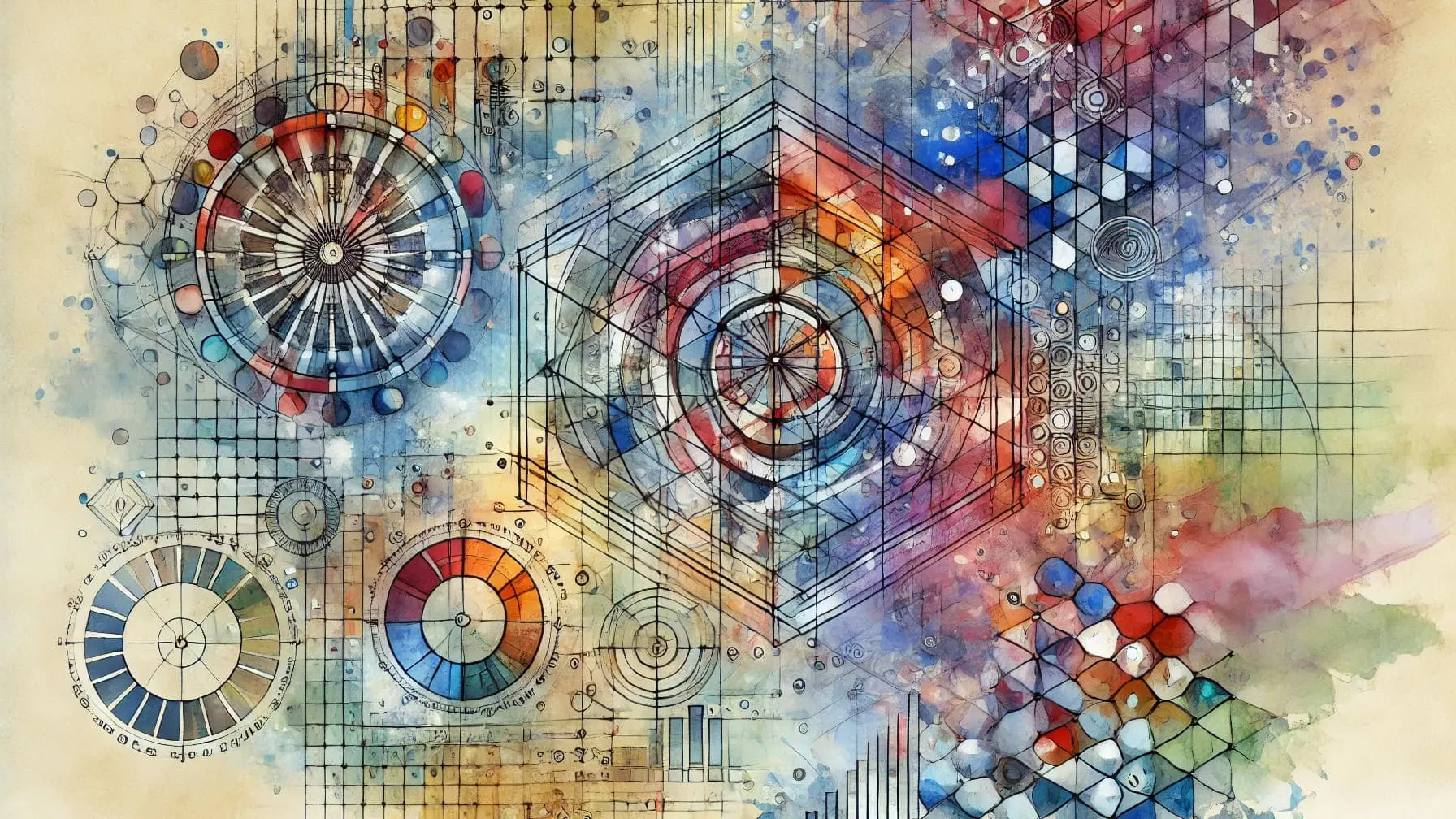VisCo
Visual Computing & Extended Experience Lab

VisCo
Visual Computing & Extended Experience Lab

The group gathers the skills necessary for the construction, revision and technical-descriptive representation of design, developing the culture of the basic disciplines (drawing, geometry, mathematics) in relation to the potential offered by the digitization of digital visualization and control processes.
It develops the integration of digital techniques and methodologies as a natural evolution of the historical culture of Design, using these tools as cognitive and scientific means for investigation and design. Special attention is given to the possibilities offered by digital representation and artificial intelligence to address design and construction problems.
The skills developed in the context of research and teaching are applied to different areas of design, promoting specialized practices in the field of advanced expressions of digital design:
- 2D/3D Digitalisation & Computer Vision
- Artificial Intelligence, Image Processing & Visual Analysis
- Computational Design
- Advanced Geometric Modelling & Image Processing
- Interactive Graphics & Computer Animation
- 3D Graphics, BIM & virtual-digital spaces
- Metalanguage & Metaverse
The group organizes its activities into several lines of research, each aimed at developing specific applications:
Geometric Modeling, Design by Data & Artificial Intelligence
Representation technologies such as Extended Reality (XR), Artificial Intelligence (AI), algorithmic modeling and digital surveying are transforming design by introducing innovative methods for interpreting reality. This digital evolution makes it possible to visualize heterogeneous data by generating images, videos and interactive virtual spaces, facilitating the management of complex information processes:
- Experimentation and application of synergies between digital technologies and computational approach in the interpretation and design optimization of heterogeneous data sensed from real-world context, through digital models development and control of responsive morphologies and Biophilic Form Finding applications.
- Definition, analysis and structuring of data-driven processes and visual recognition; development of virtual simulations of the behavior of complex systems through experiments with digital and physical study prototypes.
Advanced Representations & Industrial Design Process
The evolution of design tools is accompanied by a parallel evolution of representation languages within the industrial design process. This implies the need for continuous theoretical-methodological adaptation of tools for design conception, implementation and communication.
- Application and teaching of advanced representation and modeling processes for design, an intellectual act involving the control of formal, geometric and/or systemic relationships in the integration of multidimensional data to solve complex problems.
- Integration of analog and digital tools, methods and techniques for industrial design. The control of the processes of innovation and tradition in design and digital design education.
Virtual Space and Digital Experience
New paradigms of digital representation allow the design, experimentation and dissemination of intelligent applications to hybridize artifacts, spaces and places of culture towards a new sociality. The integration of digital representation and extended reality (XR - eXtended Reality) makes it possible to restore intangible cultural assets in multimedia content, in order to enhance heritages that would otherwise be difficult to protect, with inclusive access and as a source of widespread knowledge.
- Advanced presentation applications for the enhancement of tangible and intangible cultural heritage.
- Integration of digital modeling tools, virtual reality and game engines in the rendering of multimedia content in extended cultural sharing scenarios.
- Digitization of materials for the development of interactive experiences and the representation of the formal, visual and historical character of museum collections and documentary archives.
Interactive Graphics & Metaverse Visual Language
The computational approach allows the predictive simulation of complex systems in discretized digital models based on real-time data, for solutions optimized with respect to the different needs that characterize the evolution of the design project, from its historical component to the new virtual spaces of the metaverse.
- Study of visual languages and their rhetoric in digital evolution, applied to the design and realization of complex worlds as a means of managing the relationships between user, meaning and signifier.
- 'Phygital' applications and experiences for the transmission of diverse content through interactive narratives.
Research projects
Base5. Broadband InterfAces and services for Smart Environments enabled by 5G technologies
Project detailsArchitectural Perspective. Digital preservation, content access and analytics
Project detailsDescriptive geometry and colour, a digital representation: the relation form/colour in the field of industrial design. Digital procedures for design colour management and surfaces representation
Project detailsNew research project
Project details